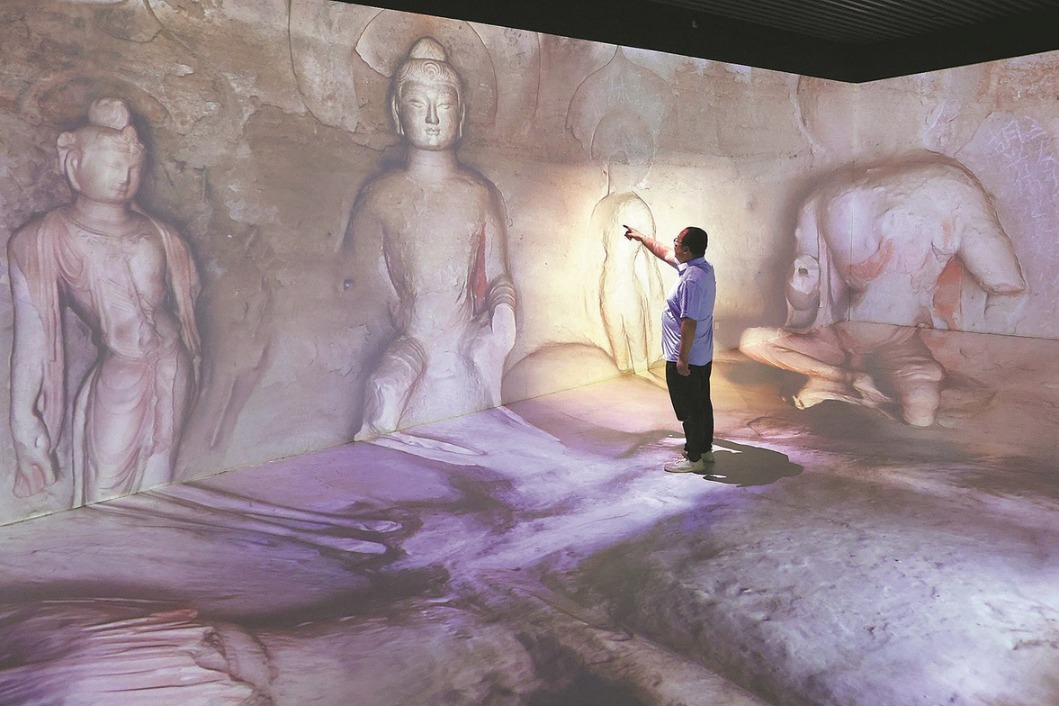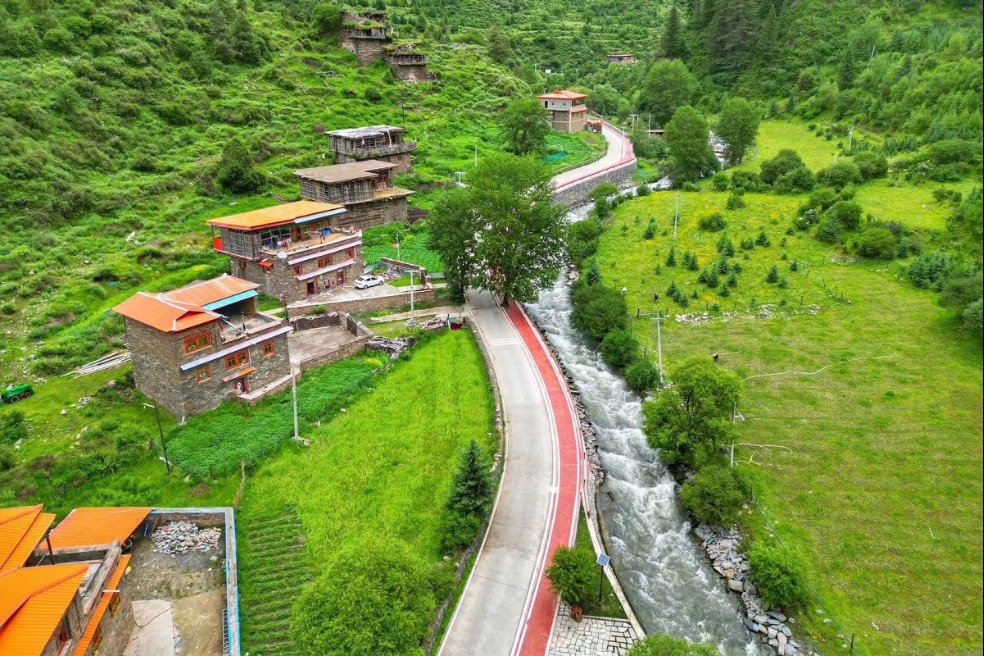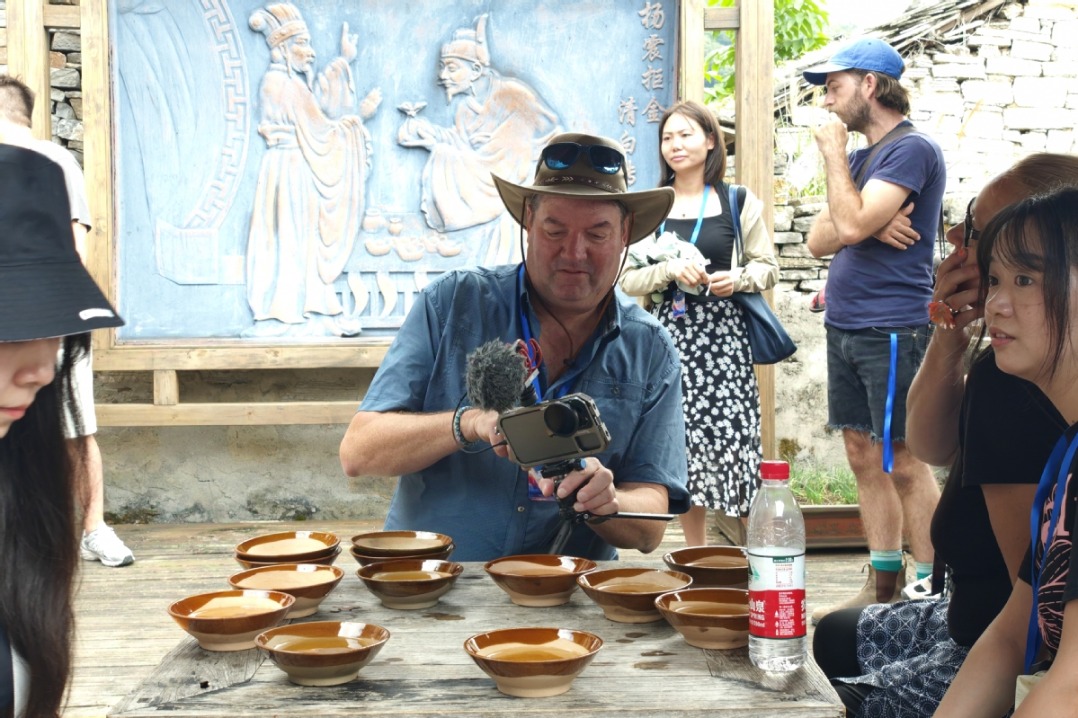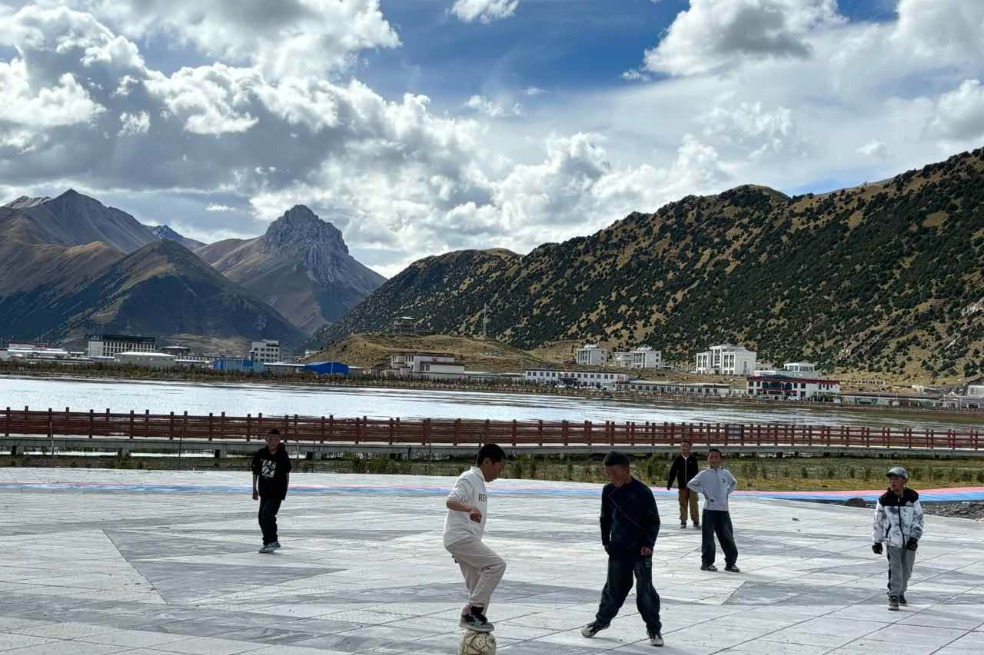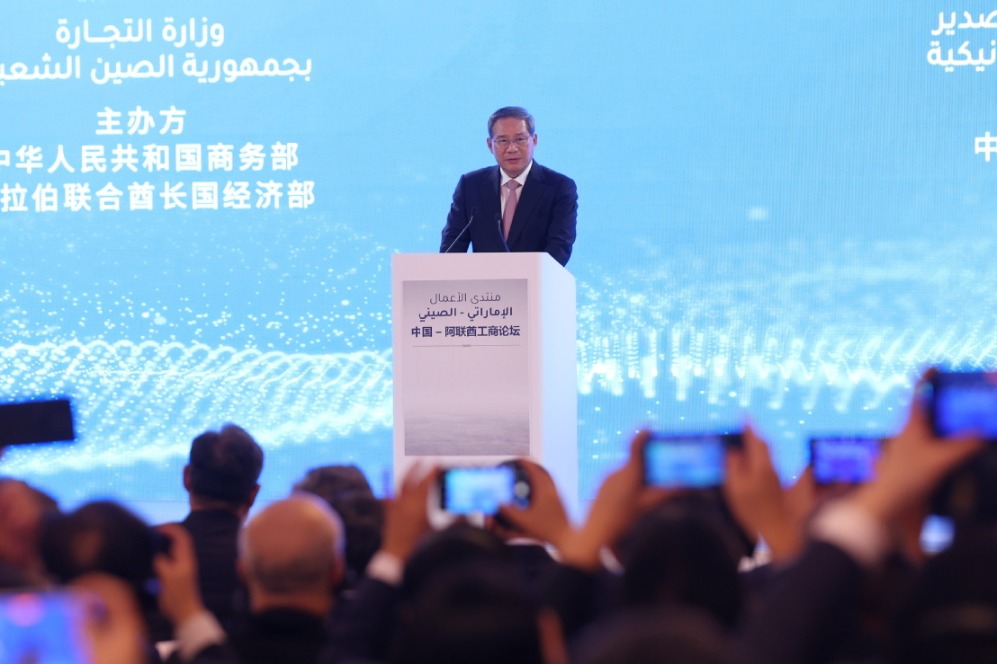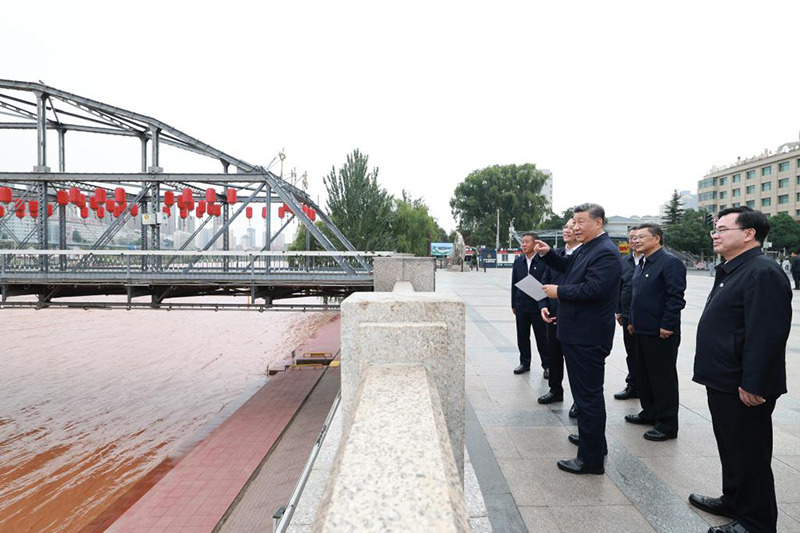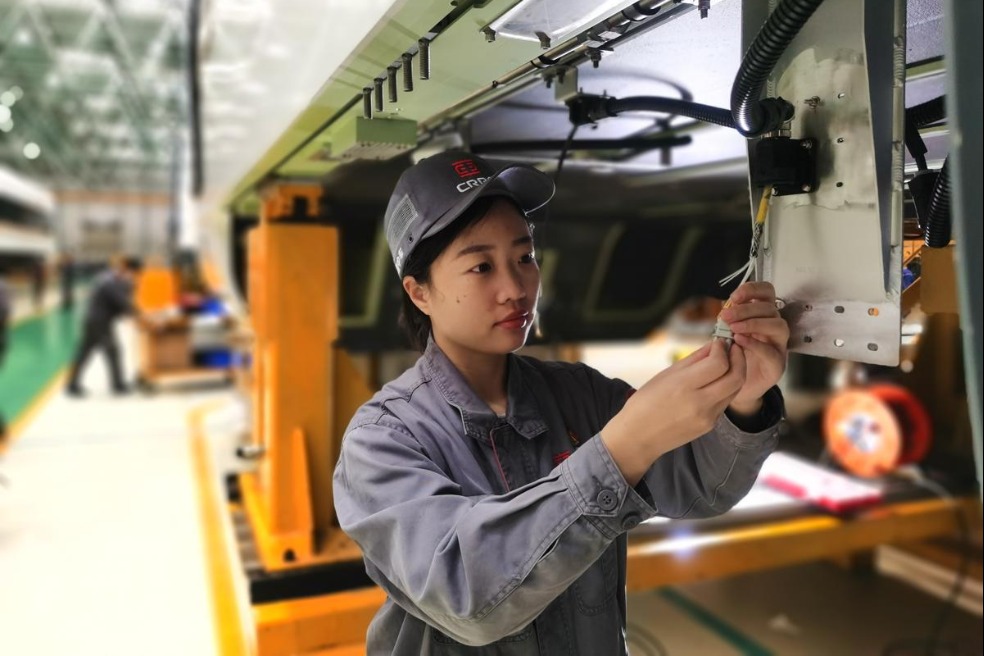HK's quest for sporting gold
The Olympic fever coursing through Hong Kong this summer isn't enough to make sports a viable business proposition. It has to be leveraged to fuel the industrialization of sports in the city. Wu Menglei reports from Hong Kong.


Editor's note: Hong Kong's sports culture is growing by the day. The city's athletic prowess was on full display at the Olympics and Asian Games, where its athletes impressed global audiences. As Hong Kong seeks to drive economic growth through major events, sports are set to play a crucial role. The second article of this series turns the spotlight on the challenge of promoting sports industrialization in the SAR.
The sports frenzy ignited by visiting national Olympians to Hong Kong last month, in tandem with the city's athletes' brilliant performance of securing two golds and two bronzes at the 2024 Paris Olympic Games, has fueled immense pride in the local sports community. But can it last and be turned into a vibrant commercial proposition?
While Olympic fever planted a sense of national pride among Hong Kong residents for the country's sports development, it set industry veterans to consider how to make full use of it to drive upstream and downstream sports-related industries, or sports industrialization which, some believe, offers tremendous scope for development.
According to global data and business intelligence platform Statista, the market value of the global sports industry is expected to climb from $403 billion in 2022 to $680 billion by 2028, representing a compound annual growth rate of 9.13 percent.
Hong Kong's sports sector has seen robust growth, fueling great public interest. A survey carried out during the Paris Olympics by the Democratic Alliance for the Betterment and Progress of Hong Kong — the city's largest political party — showed that nearly 80 percent of over 470 respondents aged 12 years or above had started exercising weekly in the past year, with a quarter of them doing so five times or more each week.
"Hong Kong has sown a sports market, but the problem is the lack of a sound system to take it forward," says Ivan Chu Siu-lun, chief adviser at the Hong Kong Sustainable Development Research Institute.
The special administrative region has been promoting the development of sports with a five-pronged approach — encouraging sports in the community; supporting elite sports; lifting Hong Kong as a center for major international sports events; enhancing professionalism; and turning sports into a viable industry.
The government has been allocating more resources to promoting sports in the community and supporting elite sports. Around 80 percent of its expenditure allocated to the sector in the 2023-24 financial year had been used to popularize it among the public, with the rest reserved for nurturing elite athletes.
Funding is granted annually through the Elite Athletes Development Fund to the Hong Kong Sports Institute, which trains about 1,400 elite athletes currently. Last year, HK$860 million ($110 million) was set aside for the institute.
The city has also made significant progress in hosting major international sports events that are seen as key avenues for putting the economy back on track in the post-pandemic era. More than 20 sports events, such as the WBSC Baseball5 World Cup, Hong Kong (Golf) Open, and Hong Kong Squash Open, which have been brought together under the "M" Mark — a government-designated icon recognizing major international sports activities — are expected to be held locally this year, demonstrating Hong Kong's appeal and competitiveness in the global sports arena.
A triple win
However, sports industrialization has been relatively slow. Hong Kong's sports sector is still far from being turned into a sustainable and profitable business in which sports-related products, services and activities can be of commercial value, and drive the growth of related fields like catering, hospitality, retail and tourism.
"In the past few years, Hong Kong's industrial development has focused mainly on finance and real estate. Hardly any effort is made to turn sports into an industry, apart from elite and community sports," laments Patrick Lau Wing-chung, a professor at the Department of Sport, Physical Education and Health at Hong Kong Baptist University. "The remarkable performance of Hong Kong athletes at the Paris Olympics could be a catalyst for the SAR government to give more attention to promoting sports industrialization."
Hong Kong has every reason to strive for further improvement in this field, which would be a "triple win" for the government, business sector and sports professionals.
"While the business community's participation in sports could alleviate some of the government's financial burdens, the community could get significant financial returns by leveraging the impact of sports stars," says Lau. This engagement also allows companies to better understand athletes, potentially helping with their transition to post-sports careers, he adds.
Legislator Vincent Cheng Wing-shun warns that if developing the sports industry is just a government-led effort, turning it into something bigger and profitable could be just a pipe dream. "The government's job is to provide support in the initial stages of sports development. But when it comes to popularizing it, support from the business sector is vital," says Cheng, who is also vice-chairman of the Hong Kong Sports Institute.
He believes the lack of sports facilities is a major challenge to sports industrialization, but the expected opening of Kai Tak Sports Park in the first quarter of next year will significantly ease the problem.
With a 50,000-seat main stadium, an indoor facility capable of accommodating 10,000 people, a 5,000-seat public sports ground and a 14-hectare landscaped open space plus other ancillary facilities, the park will be the largest sports infrastructure built in Hong Kong.
According to Raistlin Lau Chun, the undersecretary for culture, sports and tourism, about 50 companies and organizations from various sectors have shown interest in renting the park's facilities, which demonstrates the park's potential for boosting sports services, as well as the catering, hospitality and tourism spheres.

















